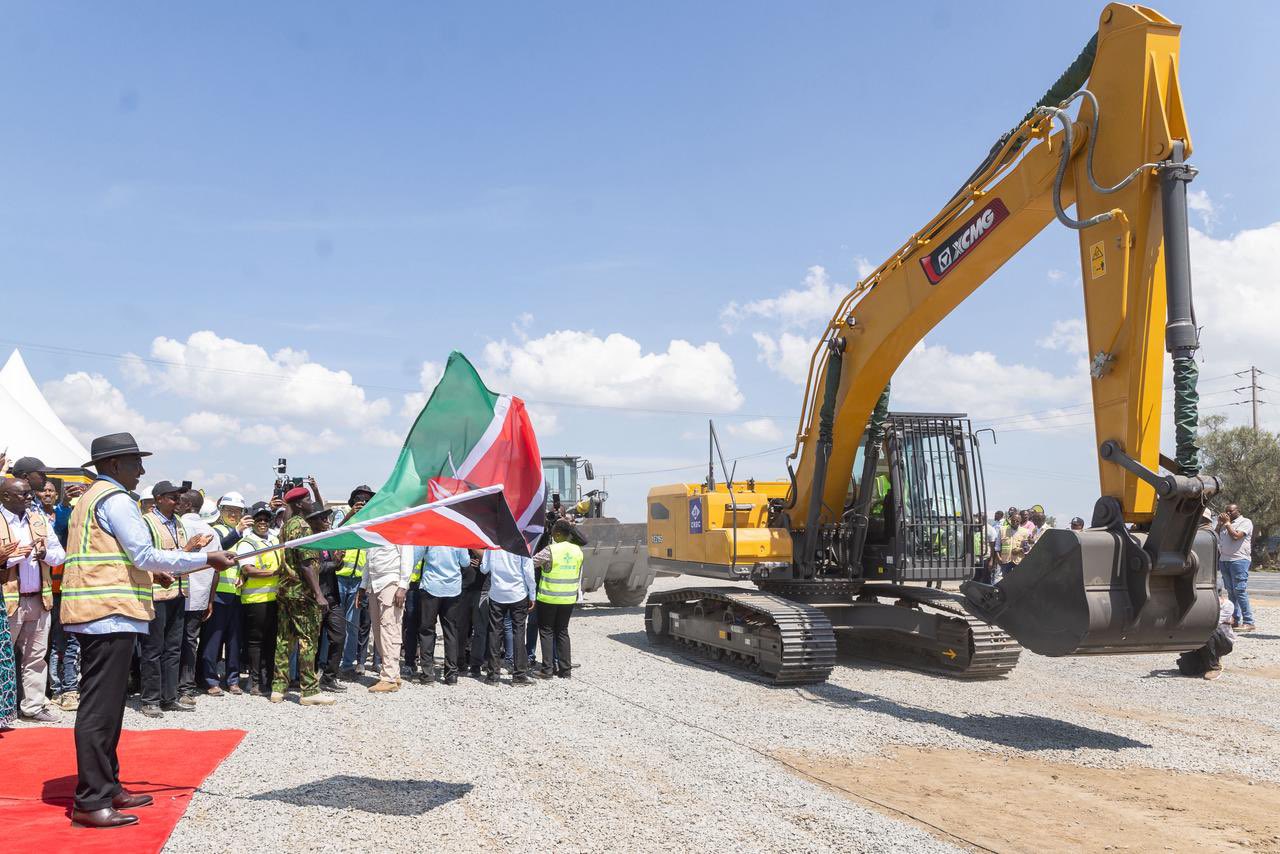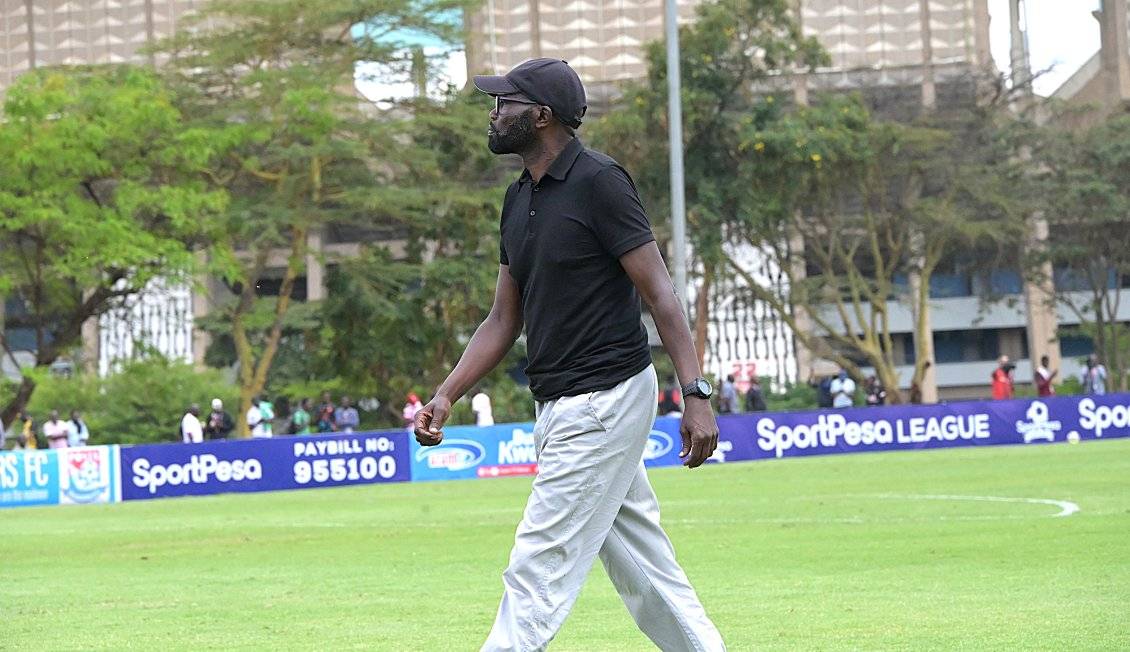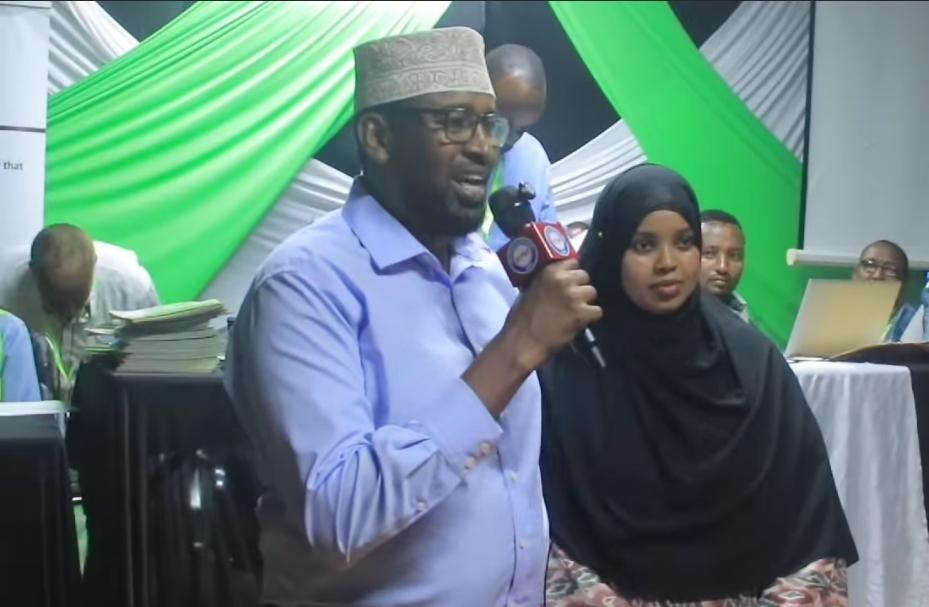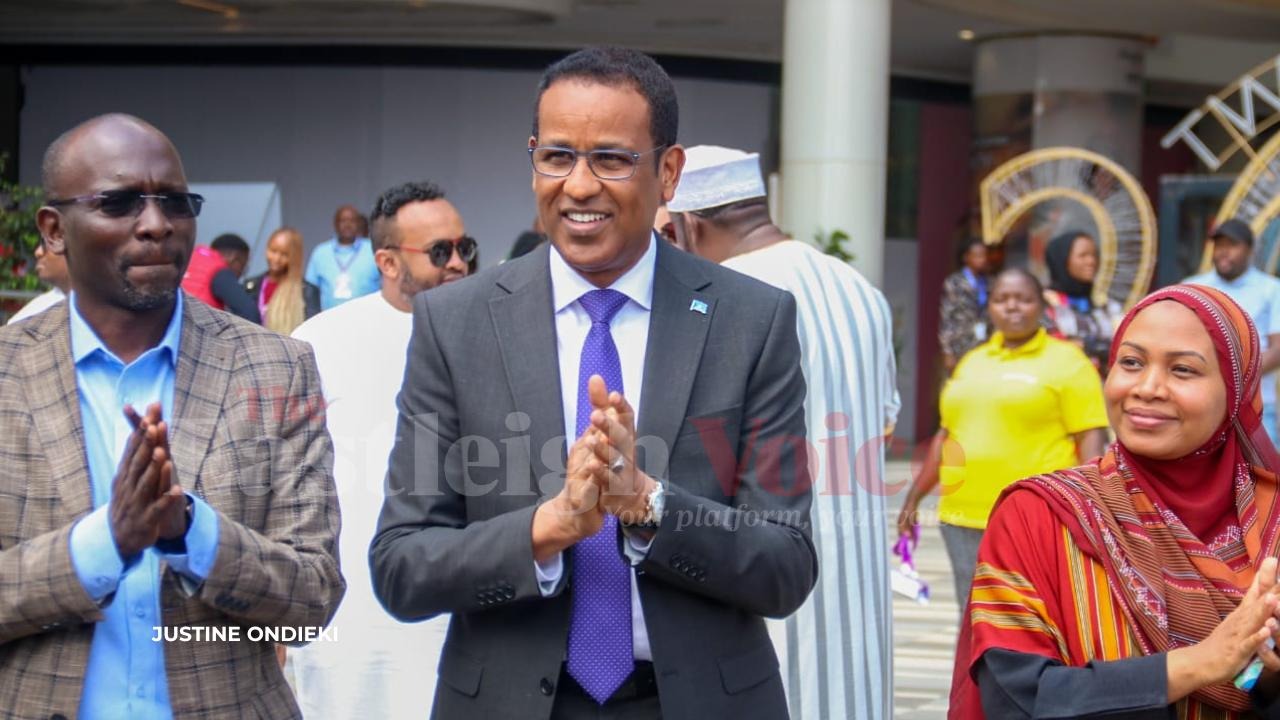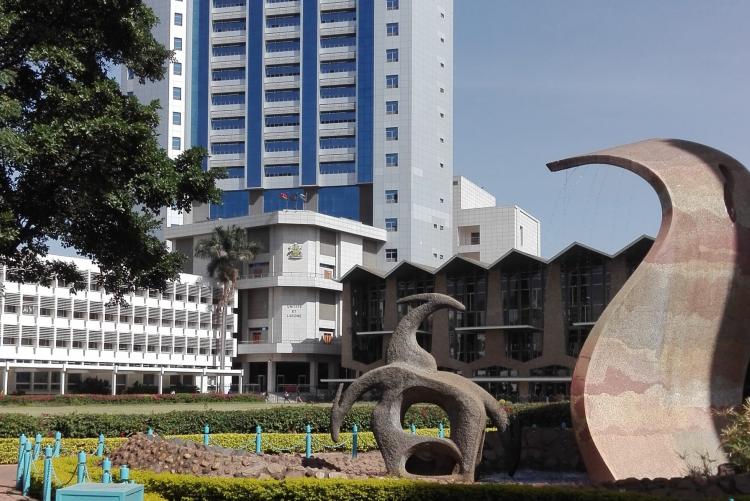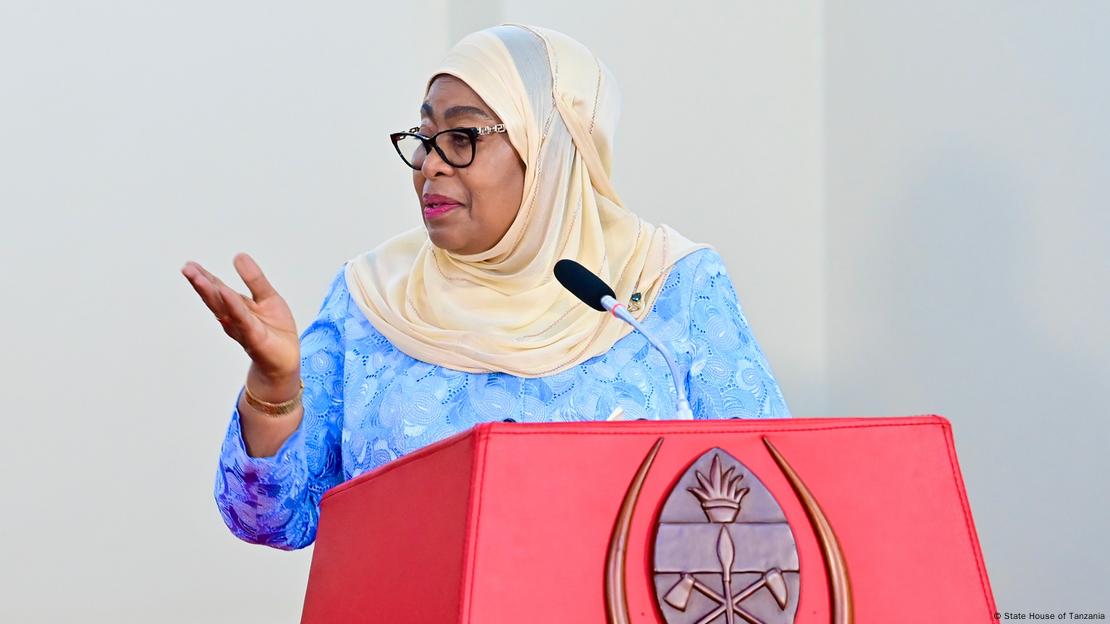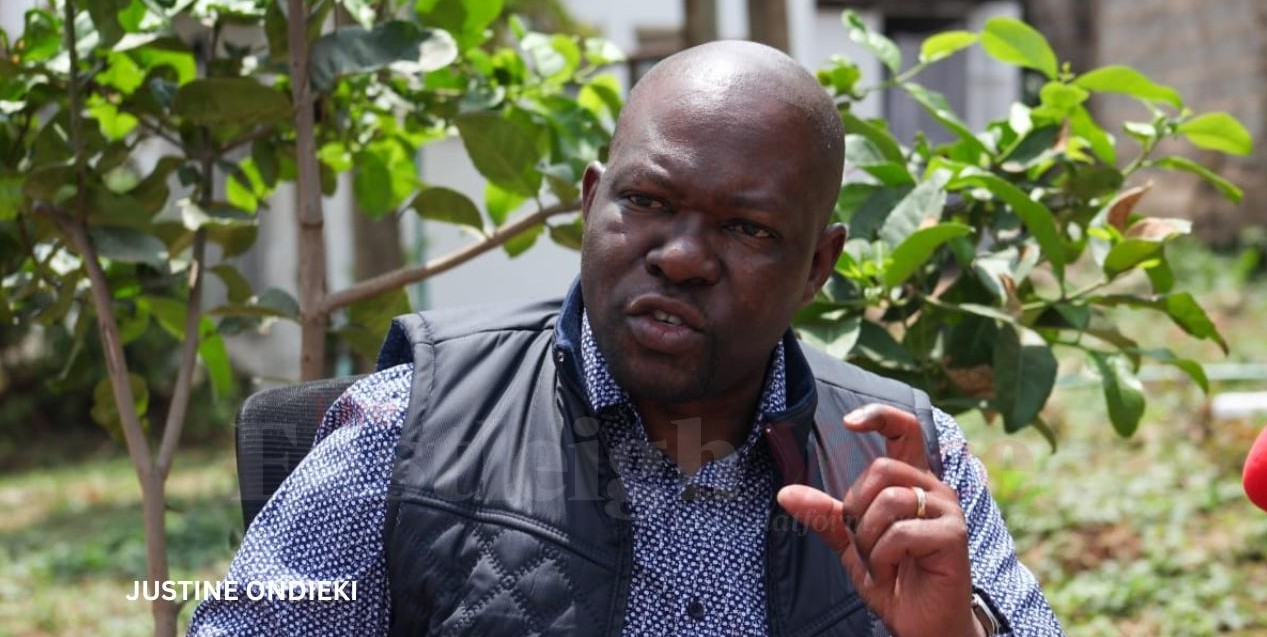Uganda defends troop deployment to South Sudan
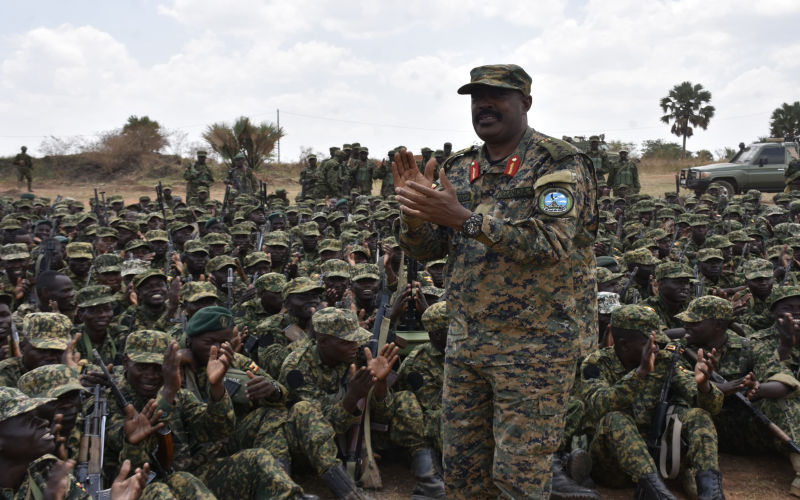
Kampala acknowledged that Uganda People's Defence Forces (UPDF) personnel entered South Sudan in March - an act the UN panel suggested contravened arms embargo provisions under Security Council resolution 2731 (2024).
Uganda has formally defended its decision to send troops into South Sudan earlier this year, telling a UN panel of experts that the deployment was requested by Juba and was aimed at averting a "security catastrophe" in the volatile region.
In a detailed response to the panel's letter dated March 21, 2025, Kampala acknowledged that Uganda People's Defence Forces (UPDF) personnel entered South Sudan in March - an act the UN panel suggested contravened arms embargo provisions under Security Council resolution 2731 (2024).
But Uganda insists the move was lawful and necessary.
More To Read
- Uganda stops granting refugee status to nationals from Ethiopia, Somalia and Eritrea
- South Sudan and Somalia eye group stage in FIFA Arab Cup 2025 qualifiers
- From silence to strength: South Sudan women leaders speak out and drive change
- Kenya dismisses war fears as Mudavadi quashes claims of Uganda ‘overrunning’ the country
- MSF demands protection of civilians after deadly attack in Upper Nile State, South Sudan
- Lake Victoria Fish farming booming but pollution and disease are wiping out millions: How to reduce losses
"On March 10, 2025, following a request by Salva Kiir, President of the Republic of South Sudan, and in accordance with Article 98(1) of the Constitution of the Republic of Uganda... the UPDF deployed a force to the Republic of South Sudan to avert a security catastrophe in the region," the letter read.
Uganda cited recent clashes in Upper Nile and Western Equatoria that left dozens dead, including a South Sudan People's Defence Forces general, as evidence of an imminent crisis.
Kampala argued that without intervention, these clashes risked escalating into "full-scale civil war" and undermining the Revitalised Agreement on the Resolution of the Conflict in South Sudan (R-ARCSS).
The Ugandan government also linked its security concerns to its own borders, recalling that South Sudan has in the past served as a base for Ugandan rebel groups.
"Uganda has a responsibility to prevent a situation of protracted conflict in South Sudan that would ultimately affect Uganda's territorial integrity and national security," it told the panel.
Beyond immediate security, Kampala stressed South Sudan's strategic importance to regional stability and trade.
It warned that destabilisation in its northern neighbour could disrupt commerce, displace communities, and fuel refugee flows.
"The Republic of South Sudan is a valued regional partner... destabilisation in South Sudan has negative repercussions on both countries and the region," the response stated.
The letter also underscored Uganda's historical role in regional peacekeeping, pointing to its contributions in Somalia and Sudan.
"Uganda has been at the forefront of deploying its forces to achieve peace, security and stability of the region and Africa at large," it declared.
Top Stories Today

